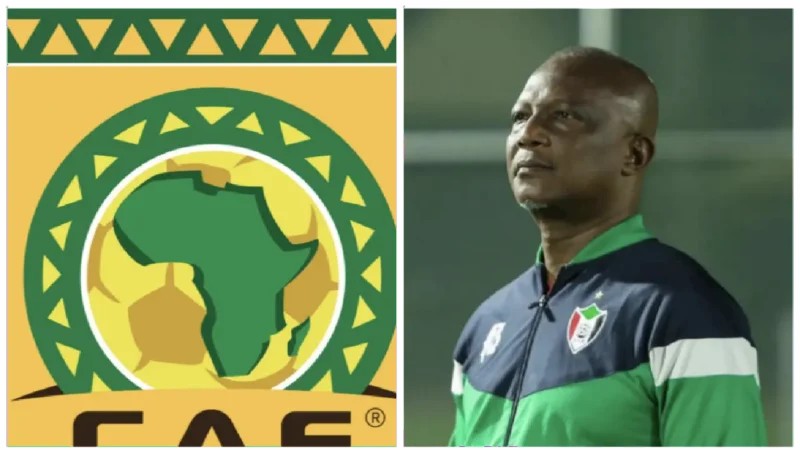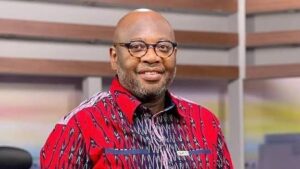Whom must we trust?” is the central question echoing through the corridors of our national discourse. Have you ever contemplated this question as a Ghanaian citizen? With an election year upon us, specifically on December 7, 2024, the importance of this question is magnified. Amidst the complaints about the current state of our nation and its management, it becomes imperative to scrutinize the individuals aspiring to lead Ghana for the next four years. Will it be Mahama, Alan Cash, or Bawumia? Take a moment to pause as we embark on a deep dive into this critical episode. Are you ready?
The State of Our Economy
Ghana, renowned for its peaceful coexistence and abundant human and material resources, stands tall on the global stage. The international recognition of our democratic governance since 1992 is a testament to our commitment to democratic principles. Over the past three decades, Ghana has successfully conducted eight general elections, each concluding peacefully, sometimes to the astonishment of other nations.
The Other Side
Ghana, like many nations, is faced with many challenges across various sectors. The economy contends with high public debt and fiscal deficits, compounded by its reliance on a few key export commodities, rendering it susceptible to price fluctuations. Insufficient infrastructure, particularly in rural areas, prevails as a barrier to development. The nation faces persistent unemployment and underemployment issues, while power outages and energy sector challenges persist. Educational disparities persist across regions even with the introduction of the Free SHS, coupled with infrastructural inadequacies. Healthcare access remains a concern in remote areas, alongside periodic disease outbreaks.
Tackling corruption at different levels of governance and society remains an ongoing effort. Environmental issues, such as deforestation and illegal mining, impact ecosystems, while water pollution and sanitation challenges endure. Socially, gender inequality and housing challenges persist. In agriculture, climate change’s adverse effects and the need for sector modernization present ongoing challenges. Bridging the digital divide and ensuring equal access to technology also figure prominently in the national agenda. Ghana, though resilient, recognizes the multifaceted nature of these challenges, striving for comprehensive solutions to propel the nation forward. Which government is ready for this strive for Ghana?
Campaign Promises vs Real Administration of the Nation
Campaign promises flood the airwaves as Mr. John Dramani Mahama, Mr. Alan John Kwadwo Kyerematen, and Dr. Mahamudu Bawumia, and others engage in a series of tours, reaching out through TV stations, radio broadcasts, communities, and towns. They articulate their visions and policies as aspirants for the presidency. One recurring theme in their campaign promises is the reduction of the staggering number of Ministers and Deputy Ministers of the state.
Mahama, having served as president previously, did not witness a reduction in these ministerial positions during his tenure.Bawumia, the current Vice President, has seen an increase in the number of ministers and deputies. Alan, with experience as Trade Minister in two NPP administrations, did not initiate a reduction in ministerial positions. Now, these same figures present themselves to us again with promises to streamline the bloated governmental structure. The challenge is posed to you, the reader, to decide who should be our next president. Should we base our decision on campaign promises, past achievements, articulation skills, competencies, influence, or a combination of these factors?
The Future We Aspire For
Ghana, having matured over the years, aspires to achieve economic, social, agricultural, educational, infrastructural, and technological advancements akin to developed nations like the United States, China, and the United Kingdom. The realization of these aspirations hinges on the government’s commitment to channeling efforts into these critical sectors, prioritizing the general well-being of the Ghanaian people over personal interests. As citizens, we bear the responsibility of critically assessing the candidates, demanding accountability, and making informed choices that will shape the trajectory of our beloved nation. The power to transform Ghana lies within the choices we make at the ballot box, choices that will determine the course of the next four years and impact generations to come. It is a collective responsibility to choose wisely and usher in a future marked by progress, prosperity, and inclusivity for all Ghanaians.
Who qualifies then to be our next president? Share your thought
Subscribe to gheducate.com for more credible information




